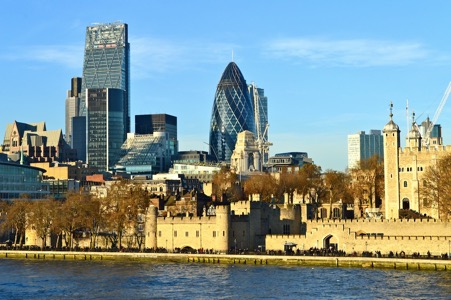- Posted on : June 24, 2016
- Posted by : Tom Fletcher
The British people have just been through a bruising, debilitating but necessary debate. We have had to take a long hard look at ourselves in the mirror. The argument has divided communities and parties. Like any family argument, we are better for it. Even if it doesn’t yet feel that way.
This is now a moment for us to take a collective deep breath. We’ll be OK. Much of the campaign, on both sides, has been over the top. The period ahead won’t be as terrible as predicted by Remain camp. Nor as easy as claimed by the Leave camp. The defining moment for the UK’s place in the 21st century is not the referendum itself, but how we now respond to it. This will take the best of our resilience and confidence.
As we emerge blinking into what will be a different chapter in our history book, we need to reflect hard on what the British people have said. This vote isn’t about the shape of our bananas, or what we put into our sausages. And let’s not mistake this as a vote for isolationism or retreat from the world. The British people are bigger than that.
Instead, the public has said two things. Firstly, that they are worried about current levels of immigration, and the way we fear that changes the character and economic prospects of the UK. The vast majority of us are not intolerant or racist. But many fear that there is no system strong enough to manage the implications of migration for our schools, health service and communities. So we need to think much more creatively about how we build a 21st century policy on migration that helps us promote and benefit from our openness and diversity, but doesn’t harm our infrastructure or fracture our politics.
Secondly, we don’t like decisions being taken further away from us. We have a growing distrust for authority, and a desire to claim greater influence over our lives. Power is moving towards technologically empowered individuals, and that is a good thing. This vote is a nail in the coffin for the 20th century global and national power structures. Our job now is to replace them with something that marshalls our best instincts and values, and not our worst. We need to revisit how to engage the public in decisions – taking on the growing cynicism and disengagement from public life. The internet needs to strengthen our collective creativity and community, not undermine it.
The key now is to put aside the rancour of the last few months, and pull together – wherever we stood on the referendum - to ensure that the negative predictions about leaving Europe are proved wrong. One positive about the campaign has been individuals putting aside party affiliations and arguing (hard) about issues. Many people will be shocked and worried this morning. The referendum did not divide us on out of date party lines. And neither must the response.
We also need to update our offer to the world: a humanitarian and creative industries superpower; a major economy, military and political player; a global trading nation; a strong brand based on innovation and quality; and the world’s capital.
Meanwhile, there is an even more important election ahead for UK interests, and we don’t get to vote in that one. It is vital for global security that America makes the right decision later this year, and that not just Trump but his ideas are consigned to the 20th century dustbin where they belong.

